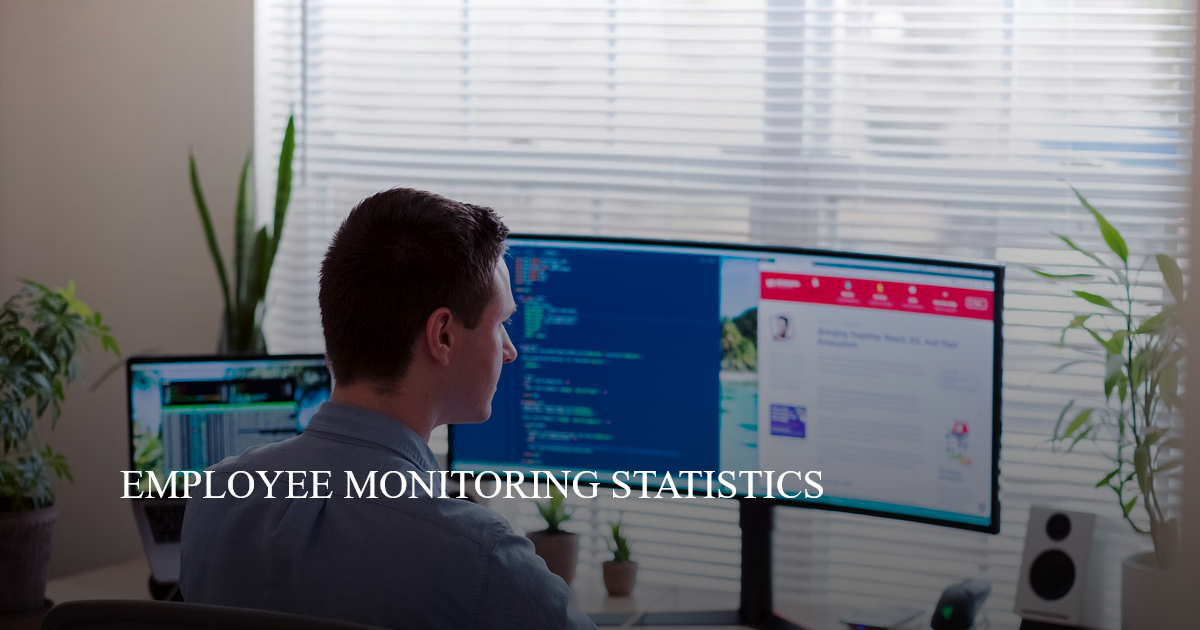Summary: Human resources information systems help with organizing, processing, and accessing employee information. In this regard, they’re useful to both the HR staff, who can use them to enter and store employee information, and to employees who have quick access to their benefits and employment information.
Having some sort of human resources information system is important – especially if you’re going to do your HR in-house. It makes keeping track of employee information much easier and allows your employees easier access to it when they need it.
Key Takeaways:
-
Human resources information systems help with all manner of HR functions and can vary depending on how complicated and expensive of a system your organization purchases.
-
There are several key considerations when choosing an HRIS for your organization: price, ease of use, flexibility, features, security, customer support, and interconnectivity.
-
HRISs can sometimes also be referred to as human capital management (HCM) or human resources management systems (HRMS), though there are some slight differences between the three.
What Is a Human Resources Information System (HRIS)?
A human resources information system (HRIS) is a software application that aids in human resources (HR) tasks and record keeping. Unlike typical HR software systems, HRISs will also have information that employees can access. HRIS helps HR employees with both keeping track of employee data and with organizational structure.
Systems of this type maintain, sort, and process employee information. It will also keep track of HR procedures and policies, making the information available to the HR department and to individual employees.
How to Choose the Right HRIS For Your Business
There are several different factors that come into play when choosing the right HRIS for your organization. Each business will have a different HRIS that will suit them the best, but there are some general considerations to look at when deciding which system is best for you.
-
Price. Cost is always a major consideration. Different businesses have different budget constraints, which may limit how many features your HRIS will have. Also, it’s important to compare different systems to see what you’re getting for the cost.
-
Ease of use. Even if the system has many wonderful features, it doesn’t do much good if it’s too difficult to use. Unfortunately, it may not be possible to test out a system without paying for it. There are other ways to check, though, such as reviews and contracting other businesses that use that system.
While some systems will have a steeper learning curve, it’s important to consider who will be making use of it. Seeing as HRIS also have aspects for employees, too, you should do some looking into how easy that information is to access as well.
-
Flexibility. As these systems will be used for numerous different HR purposes, it’s important to know that they’re capable of being used in different ways. Customization is a major plus, and the majority of HRIS sport this feature. In general, the more you can make it your own, the more useful it will be to your organization.
-
Features. As with the majority of HR software, HRISs will have different tiers. That will mean that you can spend more to get more features. How big your organization is and how many different types of employees you have working for you will determine which tier you want.
However, it’s important to know what features matter to you, which are nice to have, and which are unnecessary. That will allow you to decide how much to spend on the system and which one to go for.
-
Interconnectivity. HR pervades your entire business. It’s the most important department, and staffing is generally the largest expense at an organization. That means that your HRIS should be able to fit into other aspects of the business as needed. You’ll be making use of its features for hiring, promotions, firings, and other staff decisions.
-
Support. While many businesses will claim to have excellent support, it’s hard to tell which ones actually prioritize it until you become a customer. If the business you’re getting the HRIS from makes a point of supporting its customers, then that’s a huge plus.
All systems require some time to learn to use. And it’s inevitable that software will have some sort of problem during its lifetime. Having a support team that will respond to queries and problems can be a lifesaver – and can be worth paying extra for.
-
Security. Information about personnel is required to be kept confidential. That means that the HRIS’s security is extremely important. Cloud-based systems are incredibly convenient, but due to the fact that the data is stored on a server somewhere rather than at your organization, it makes it easier for the data to be breached.
Best Systems
Due to the fact that the best HRIS is going to be based on your organization’s needs, it’s difficult to point one out as the overall best. However, there are HRISs that have been selected as the best depending on the nature of your organization.
Recommended systems include:
-
Paycor
-
monday.com HR
-
Rippling
-
BambooHR
-
Workday
-
Zenefits
-
ClickUp
-
CommonOffice
What Are the Differences Between an HRIS, an HRMS, and an HCM?
The terms HRIS and HRMS are used to mean the same thing and usually offer the same services, such as employee data management, time tracking, and talent acquisition. HCM, on the other hand, is usually a broader solution that has even more features.
HCMs can also offer performance management, succession planning, strategic workforce planning, and compensation planning.
All terms can be used interchangeably, however, which means that the differences are subtle. HRIS stands for human resources information system, while HRMS is a human resources management system, and HCM is human capital management.
Best Human Resources Information Systems (HRIS) FAQ
-
What does an HRIS help businesses with?
HRIS helps with HR tasks, such as storing and sorting employee information. It should include features such as:
-
Talent pool management
-
Onboarding tools
-
Training portals
-
Time tracking
In addition, all of this information should be stored in a centralized location. Often this is cloud-based, but there are pros and cons to that method of storage.
-
-
What does an HRIS do for employees?
HRIS allows employees to access their benefits and other information without having to contact HR. This serves the dual purpose of making it easy for employees to check on their benefits, such as vacation time, and freeing the HR staff from having to answer basic questions on a regular basis.
References
- HR Tools
- Guide to Guru
- Guide to Instant Checkmate
- Guide to Gum Tree
- Guide to Jora
- Guide to People Per Hour
- Best Sites For Continuous Employee Learning
- Best Accounting Software For Small Businesses
- Best HRIS Systems
- PHR vs. SHRM Certification
- Best Fuel Cards For Small Businesses
- Best HR Software For Payroll
- Employee Monitoring Software





